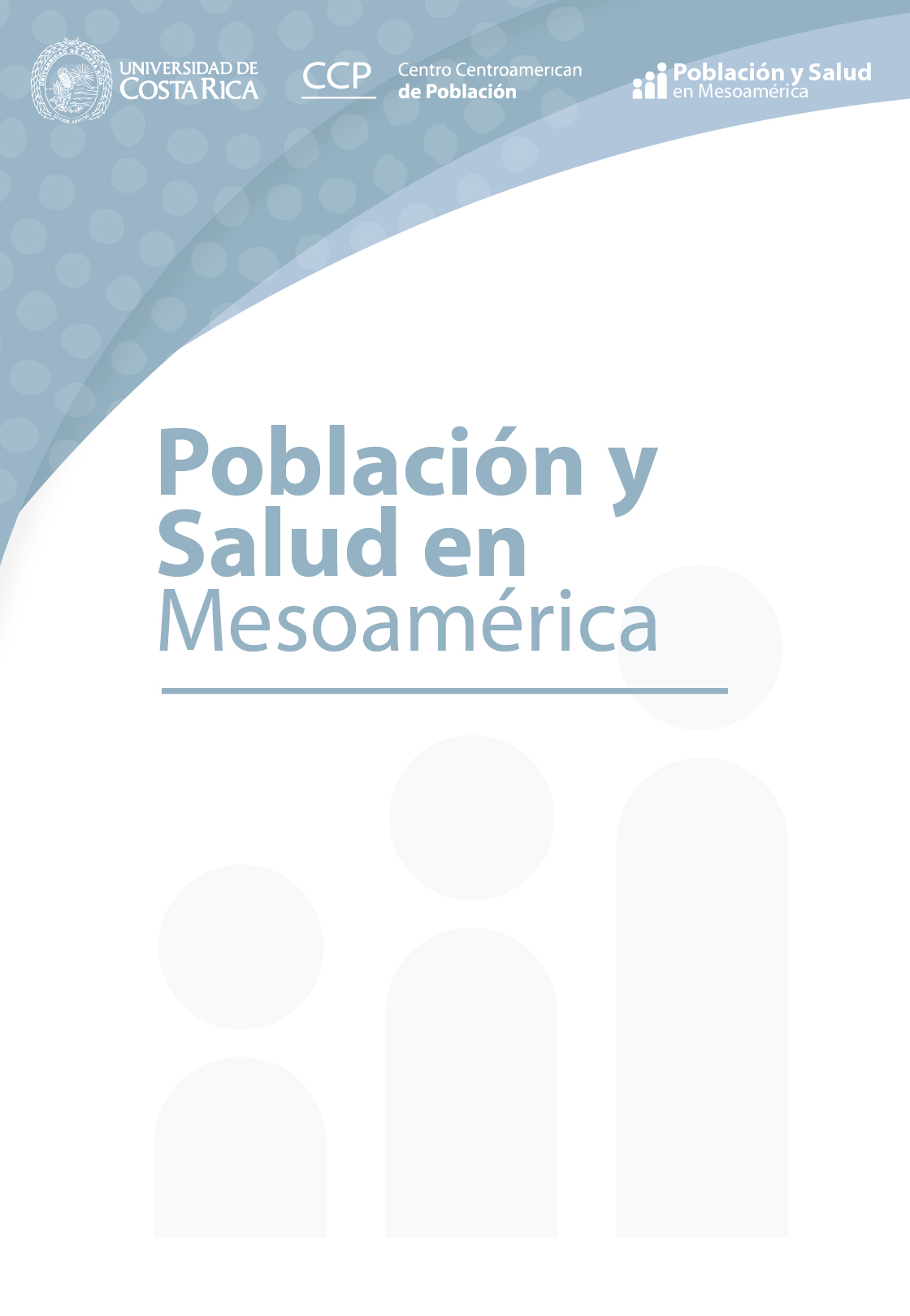Abstract
Introduction: In the context of the COVID-19 pandemic, measures of social distancing to reduce the rate of infection can influence eating habits and other lifestyle factors. This study aimed to assess the relationship between social distancing and lifestyle factors in adults in southeastern Brazil during the first wave of the COVID-19 pandemic. Methodology: It was a cross-sectional study with 1,828 adults between 18 and 83 years of age, of both sexes, carried out through an online questionnaire; sociodemographic, food, health, and lifestyle data were collected and analyzed based on whether or not the social distancing was carried out. Results: The results showed a decrease in breakfast consumption (12.5%) and an increase in the consumption of snacks (24.5% morning snack; 12.5% afternoon snack) and snacks between meals (20.4%) during the pandemic, as well as an increase in the consumption of vegetables and legumes among people who did social distancing and in the consumption of fish and fast food among those who did not do social distancing; most participants reported weight gain during social distancing. People who were in social distancing slept more compared to those who were not in social distancing. The main cause of anxiety among those who kept social distancing were COVID-19 statistics. Conclusion: The findings suggest the need for health promotion strategies adapted to the condition of confinement in circumstances such as the current pandemic.







